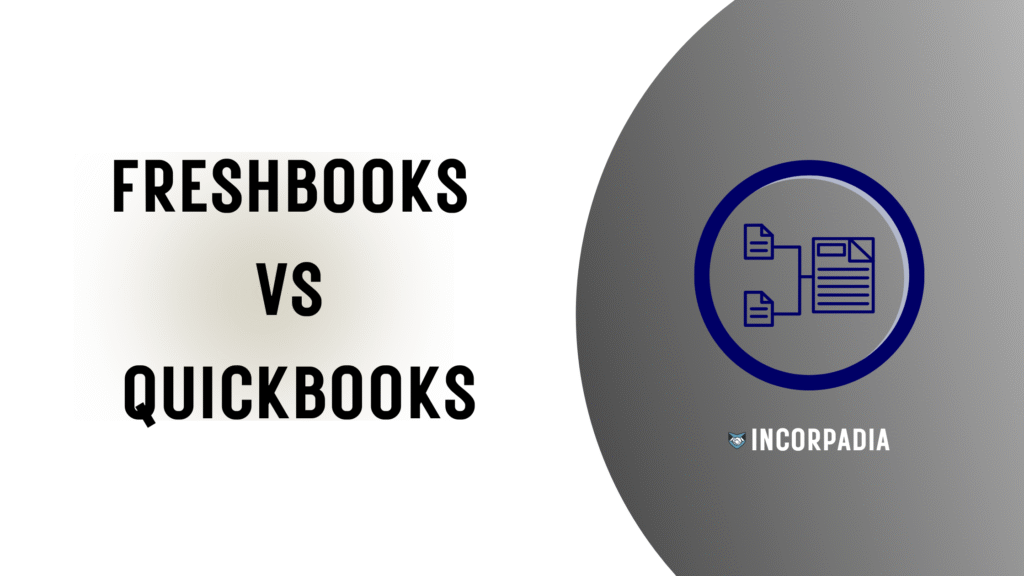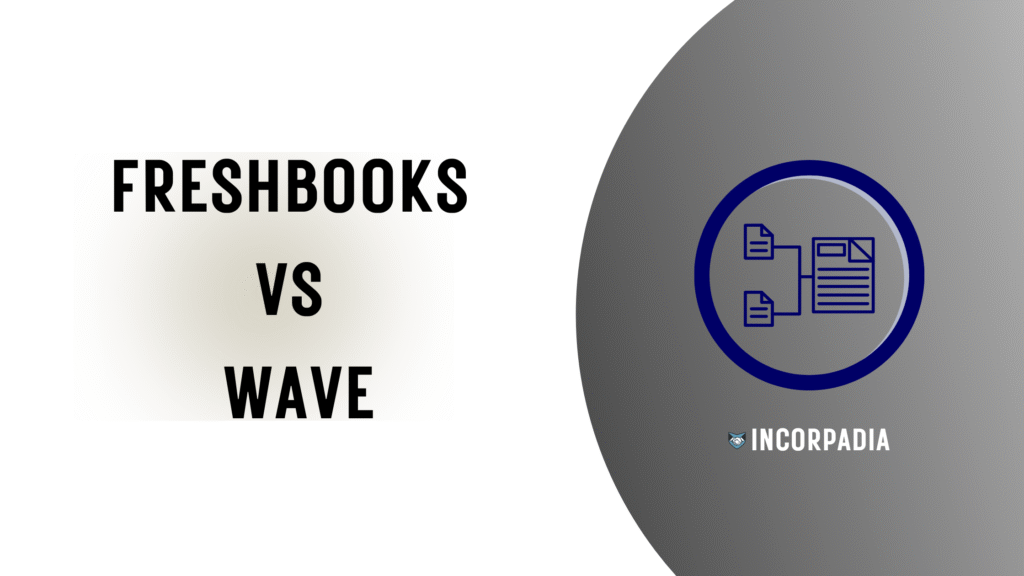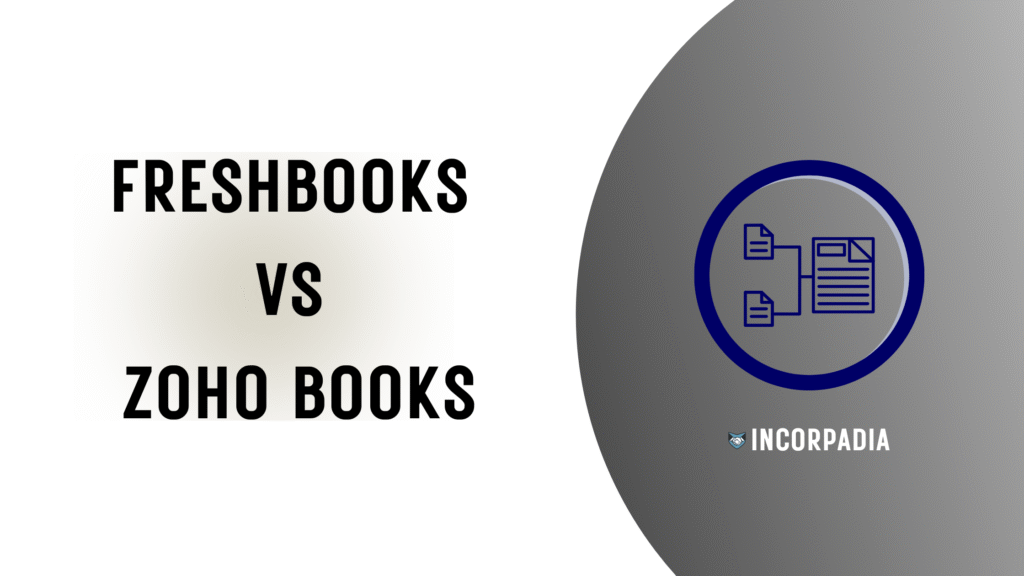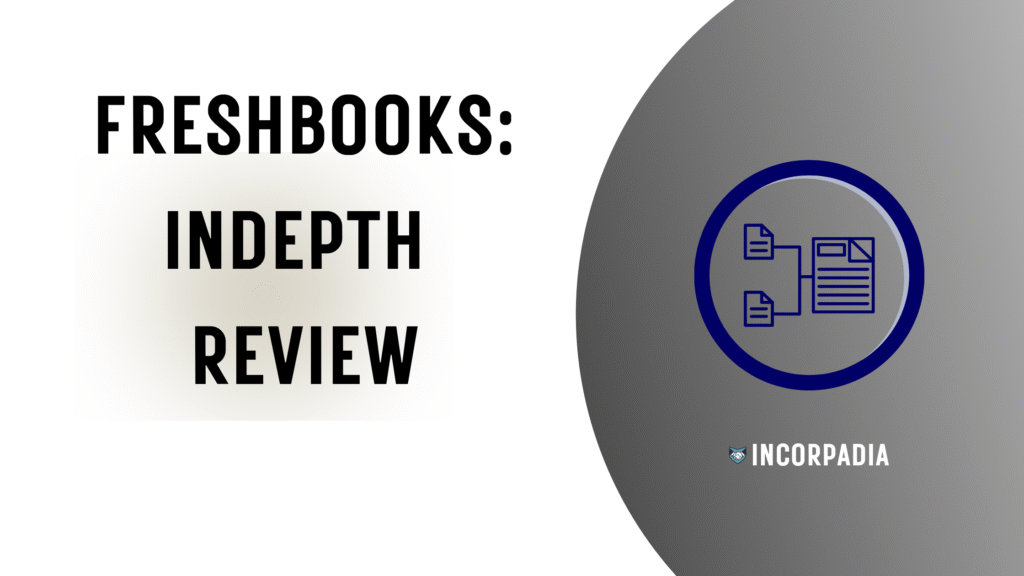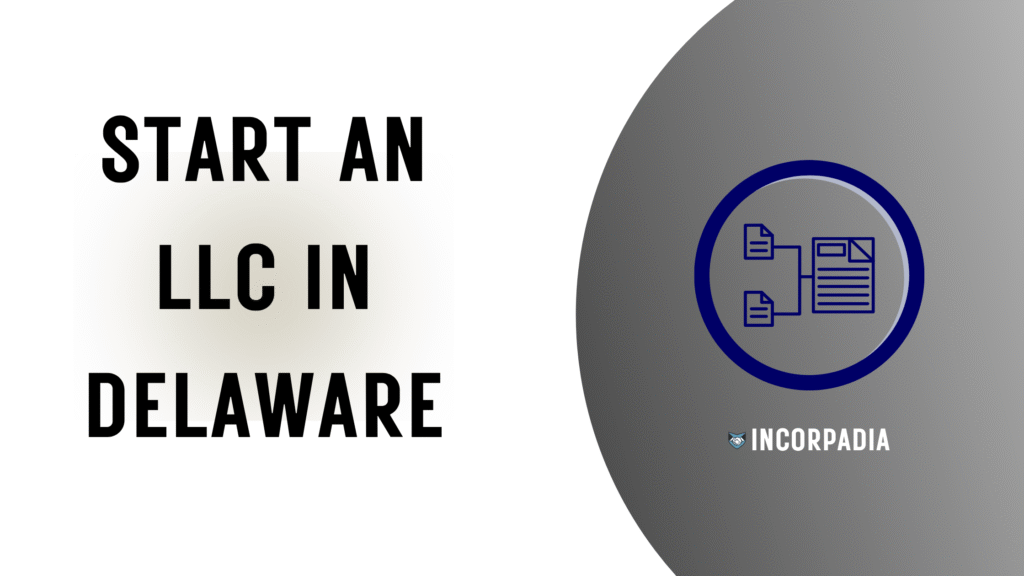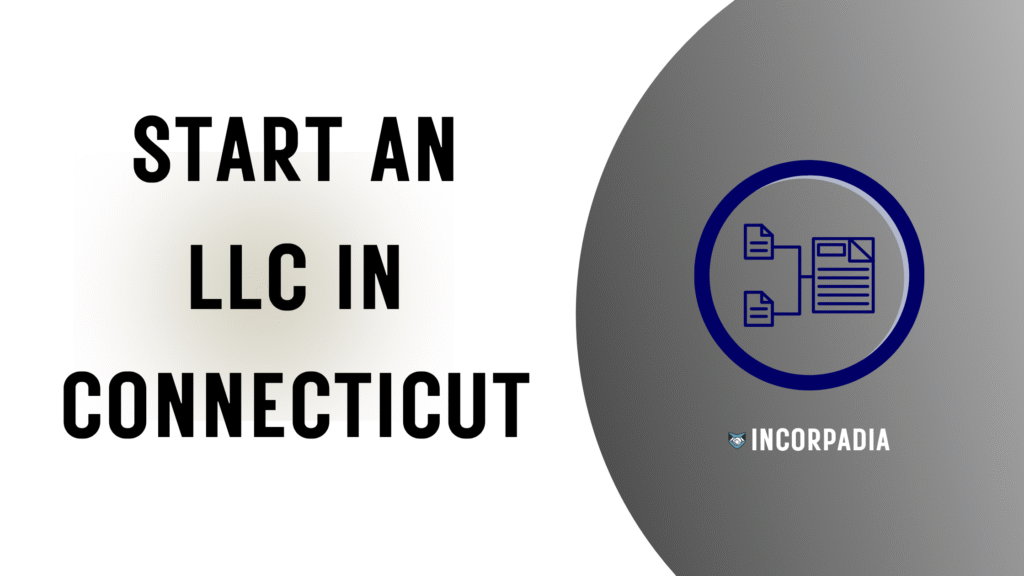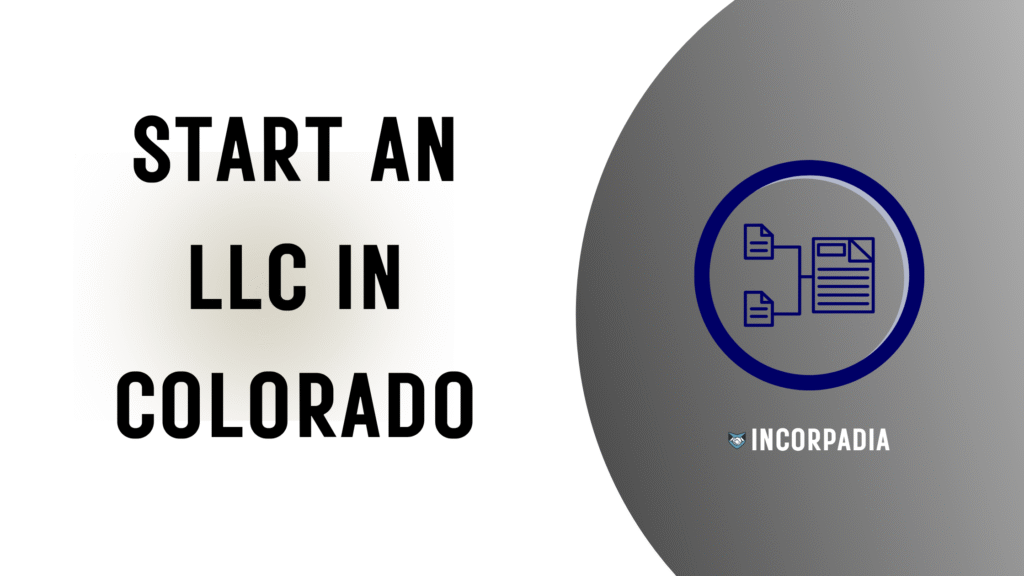Choosing accounting software can feel like standing at a crossroads. On one path is QuickBooks, a powerful platform that has been the go-to option for many small and medium-sized businesses for years. On the other is FreshBooks, a newer contender that promises simplicity, speed, and a more intuitive way to manage your finances.
At first glance, both tools seem to cover the basics: invoicing, expense tracking, reporting, and integrations. But as soon as you start digging, you’ll realize they serve very different types of users. QuickBooks focuses on depth, complexity, and advanced accounting. FreshBooks focuses on clarity, usability, and making life easier for service-based businesses, freelancers, and consultants.
In this detailed comparison, we’ll look at twelve key areas: ease of use, pricing, time tracking, invoicing, expense management, client communication, collaboration with accountants, automation, reporting, integrations, scalability, and real-world feedback. For every section, we’ll explain the strengths of each platform and then show you why FreshBooks consistently comes out on top.
By the end, you’ll see clearly why FreshBooks is not just an alternative to QuickBooks but, for many businesses, the smarter and more effective choice.
FreshBooks Overview
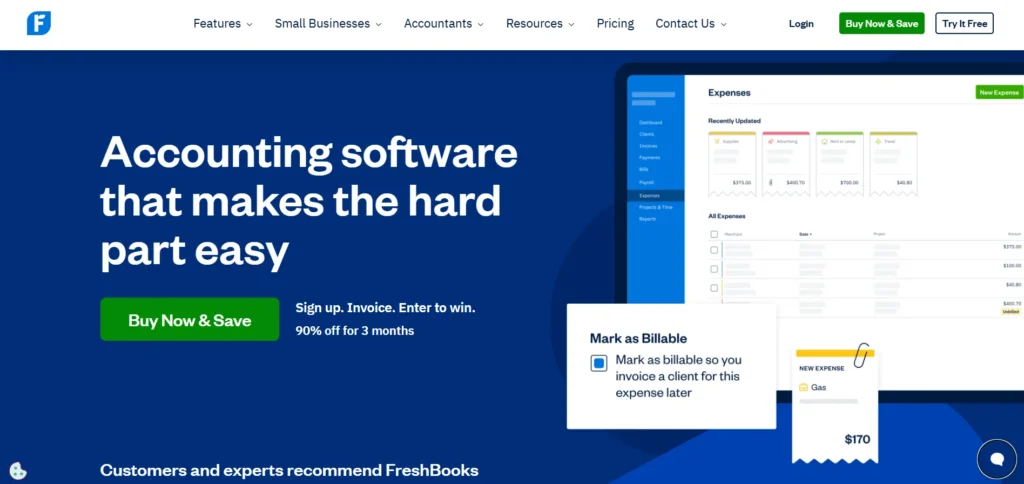
FreshBooks is a cloud-based accounting software designed with freelancers, service providers, and small business owners in mind. Unlike traditional accounting platforms that can feel overwhelming, FreshBooks focuses on simplicity, speed, and usability. Its clean design makes it easy to handle everyday financial tasks, even if you have no accounting background.
One of its biggest strengths is invoicing. You can create professional, branded invoices in minutes, add billable hours or expenses, and send them directly to clients. FreshBooks also notifies you when a client views your invoice, which helps reduce delays and keeps communication transparent. Built-in online payment options make it easier for clients to pay you quickly.
FreshBooks also includes time tracking, expense management, and basic reporting on all plans, features that many competitors charge extra for. Automation features like recurring invoices and late payment reminders save time, while integrations with tools like Stripe, PayPal, and Gusto expand its usefulness without adding complexity.
For solo professionals and small teams who want a straightforward way to manage money, FreshBooks strikes the right balance between simplicity and power. It lets you spend less time on bookkeeping and more time growing your business.
QuickBooks Overview
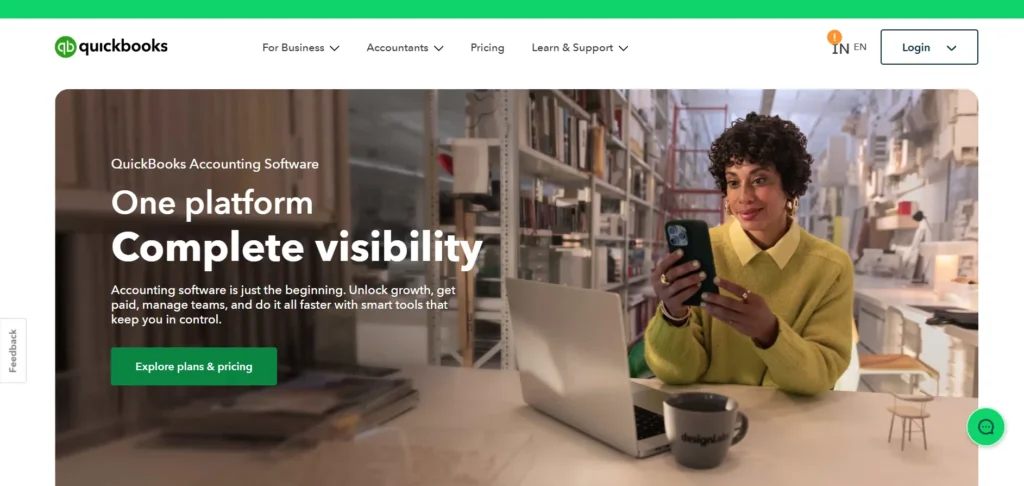
QuickBooks is one of the most widely used accounting software platforms in the world, trusted by millions of small and medium-sized businesses. Developed by Intuit, it offers a comprehensive set of features that cover everything from invoicing and expense tracking to payroll, reporting, and tax preparation. It’s particularly well-suited for businesses that are product-based or plan to grow into larger operations, thanks to its scalability and wide range of tools.
One of QuickBooks’ key strengths is its depth. It provides highly detailed reporting and the ability to customize financial data to match specific business needs. For businesses that manage inventory, QuickBooks includes purchase order management, stock tracking, and sales channel integrations. It also connects with hundreds of third-party applications, giving users a vast ecosystem of options.
However, this power comes with complexity. QuickBooks has a steeper learning curve than lighter alternatives, and many users find they need some accounting knowledge or professional help to get the most out of it. Pricing can also add up quickly, especially with features like payroll or time tracking offered as separate add-ons.
Overall, QuickBooks is best for growing businesses that need advanced accounting capabilities and are willing to invest the time to master them.
1. Ease of Use
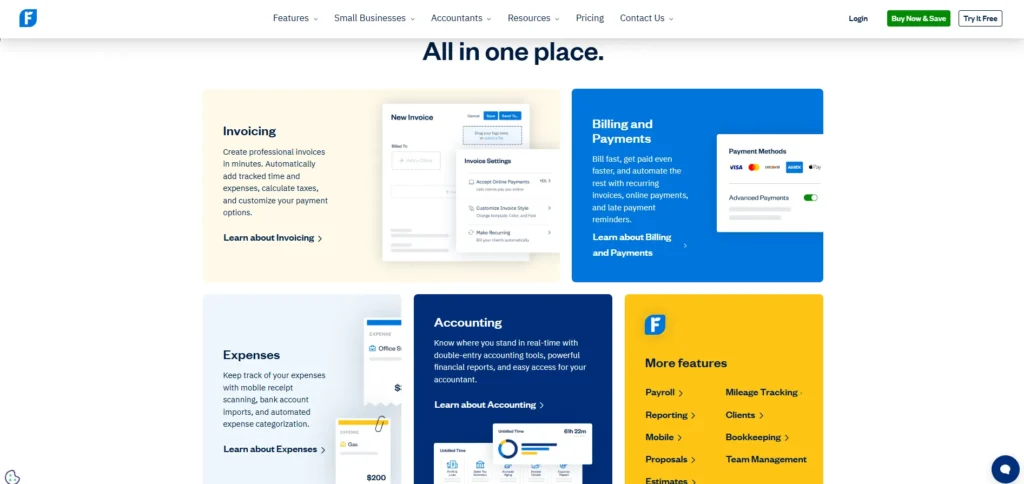
Accounting is intimidating for many entrepreneurs. Most freelancers, consultants, and small business owners aren’t accountants by trade. They want software that helps them manage money without needing to decode financial jargon or dig through endless menus.
This is where FreshBooks truly shines. From the moment you log in, the design feels approachable. The dashboard is uncluttered, with big, clear buttons for the things you do most often — like creating invoices, logging expenses, or checking payments. The menus are straightforward, and the system uses everyday language instead of dense accounting terminology.
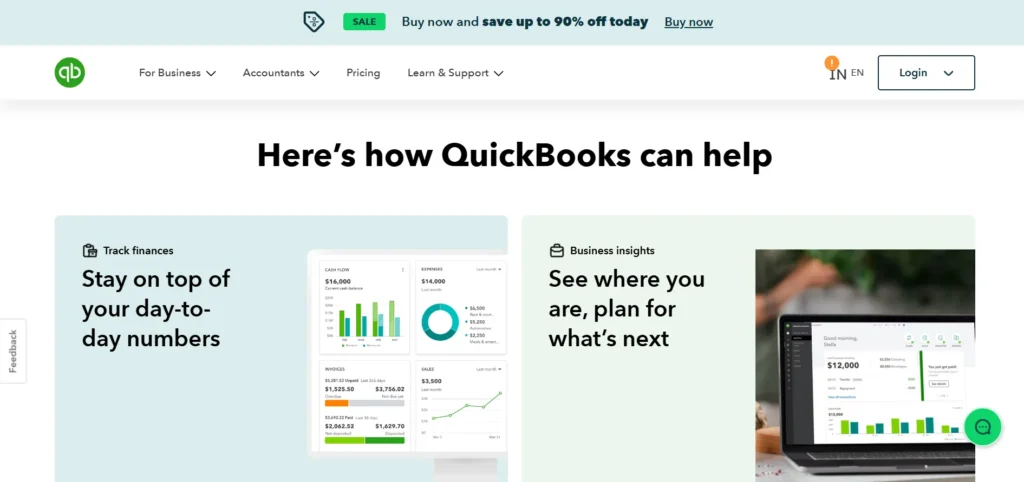
QuickBooks, while more powerful, takes a very different approach. Its dashboard is dense with widgets, shortcuts, and nested menus. It assumes that you either have some accounting knowledge or are willing to invest time in learning. For larger businesses with dedicated finance teams, that’s fine. But for a solo professional, the steep learning curve can be discouraging.
Why FreshBooks Wins Here: It doesn’t just work — it works the way you think. Even if you’ve never used accounting software before, you can get up and running in minutes. Instead of feeling like a chore, managing your books becomes part of your normal workflow.
2. Pricing and Value
The cost of accounting software isn’t just about the monthly subscription fee — it’s about what you get for that money and whether you’ll need to keep upgrading or paying for add-ons.
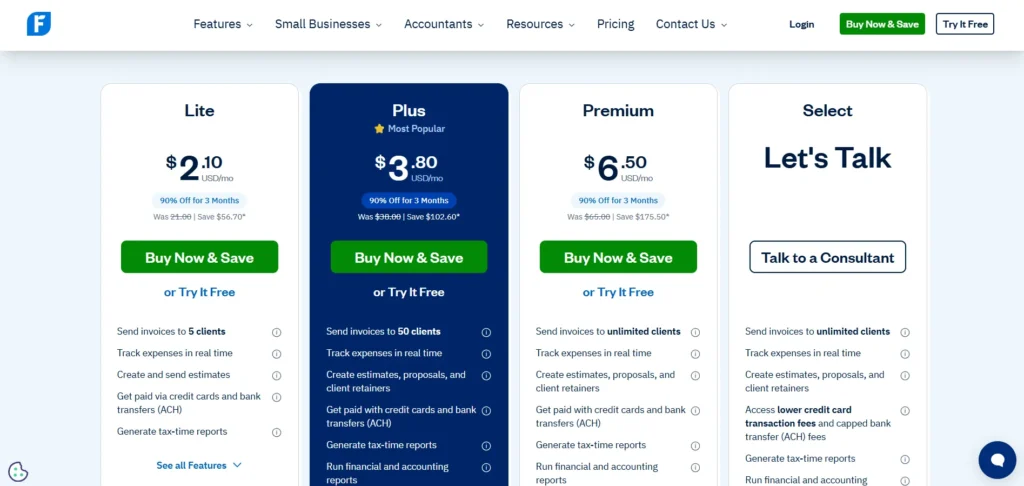
FreshBooks offers simple pricing tiers that include the essentials right from the start. Even the entry-level plan includes invoicing, expense tracking, estimates, and time tracking. As you move up, you unlock more clients, team collaboration, and advanced reporting. But at no stage are you forced to pay extra for features that most small businesses consider basic.
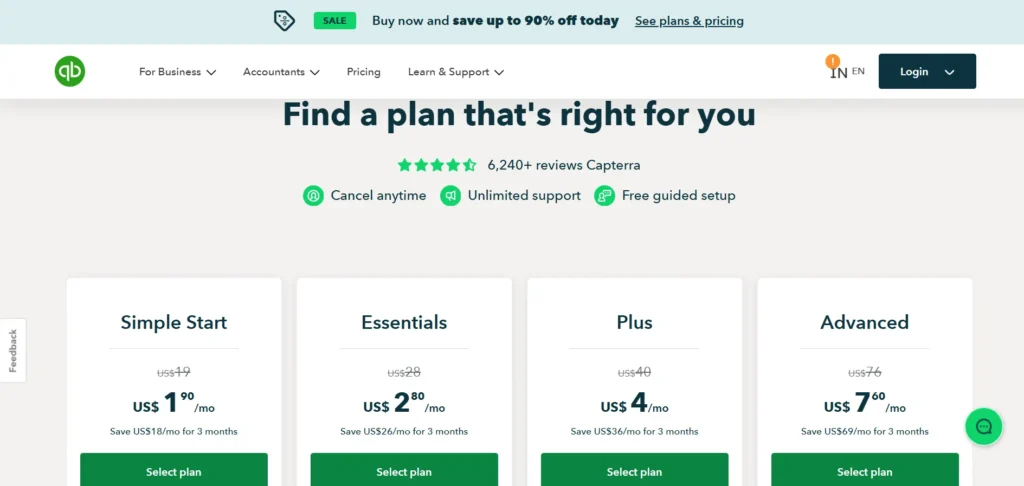
QuickBooks, by contrast, starts at a higher monthly rate. Worse, many of the features you’ll likely want aren’t available unless you choose a more expensive plan or purchase an add-on. For example, payroll is a separate subscription, and time tracking requires QuickBooks Time. This quickly pushes the cost much higher than what you’d initially expect.
Why FreshBooks Wins Here: It’s more predictable, more affordable, and includes what most solo professionals and service-based businesses need without hidden costs. For a freelancer or small agency, that simplicity is invaluable.
3. Time Tracking
Time is money, especially if you bill by the hour. Whether you’re a designer, consultant, or developer, being able to track time accurately and convert it into an invoice is critical.
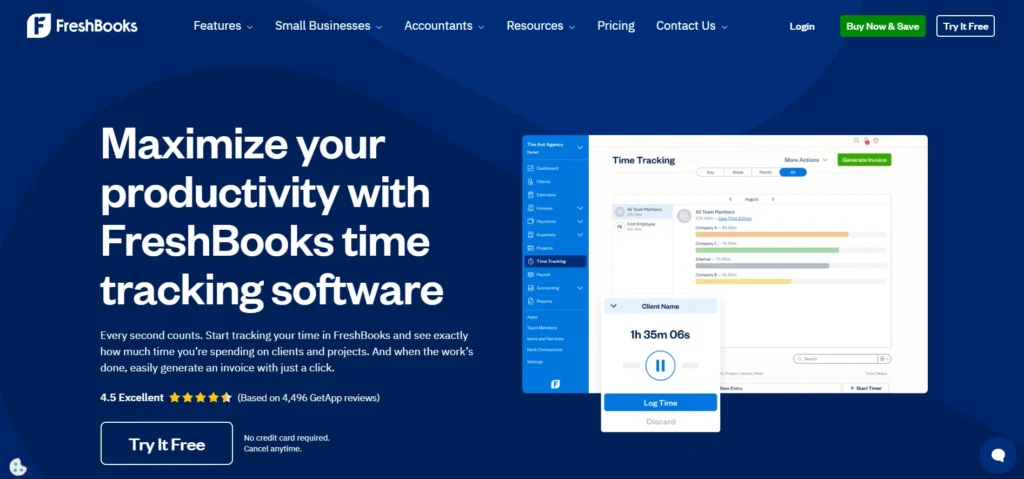
FreshBooks includes built-in time tracking in every single plan. You can start a timer from your desktop, mobile app, or even a browser extension. Once you’ve tracked your hours, they’re automatically ready to be added to invoices. You don’t need to export data, pay extra for another tool, or juggle multiple systems.
QuickBooks does not include time tracking in its entry-level plan. To get it, you either need to upgrade to a higher tier or purchase QuickBooks Time separately. That means extra setup and extra cost.
Why FreshBooks Wins Here: It saves you time and money by making time tracking a native feature. For businesses built around billable hours, this alone makes FreshBooks the smarter choice.
4. Invoicing
For many small businesses, invoicing is the single most important financial task. It’s how you get paid, and it needs to be fast, accurate, and professional.
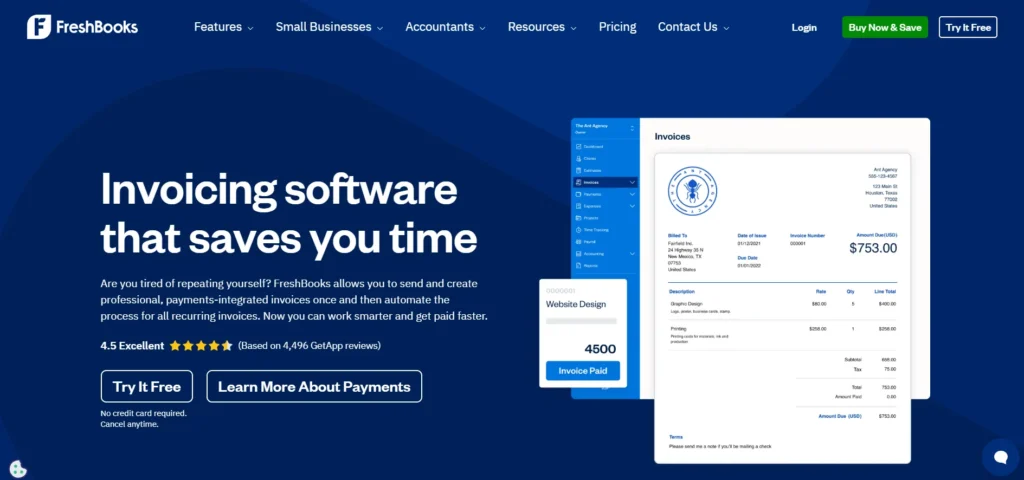
FreshBooks excels in this area. You can create a polished invoice in minutes, customize it with your branding, and include billable hours or expenses with just a few clicks. Clients can pay directly through the invoice, and you’ll even get a notification when they view it. That visibility helps reduce late payments and awkward conversations.
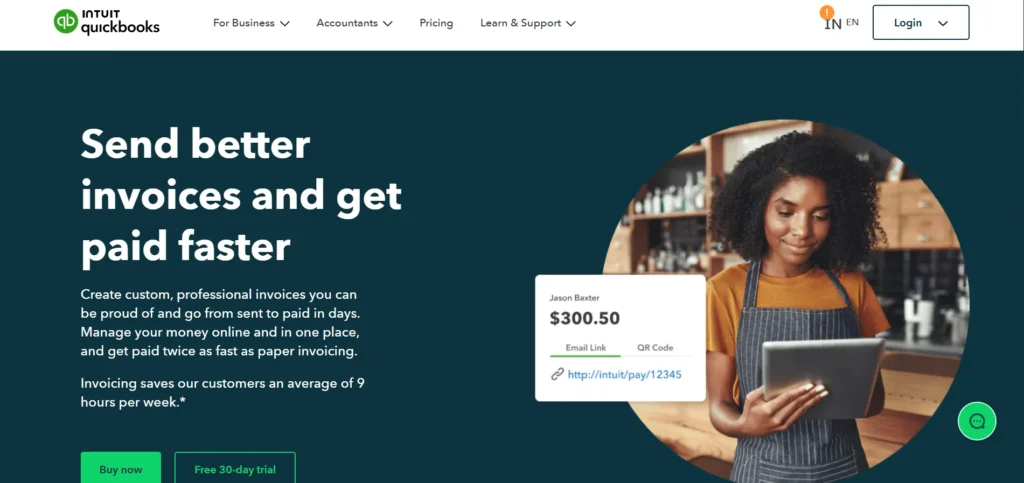
QuickBooks also supports invoicing, but it feels like just another feature in a larger system. While functional, it doesn’t have the same intuitive flow. Creating and customizing invoices requires more steps, and it doesn’t feel as seamlessly integrated into the way you work.
Why FreshBooks Wins Here: It was built with invoicing in mind. For freelancers and service providers, sending invoices is as natural and quick as sending an email.
5. Expense Tracking
No one wants to spend hours logging receipts and transactions. The goal is to make expense management as painless as possible.
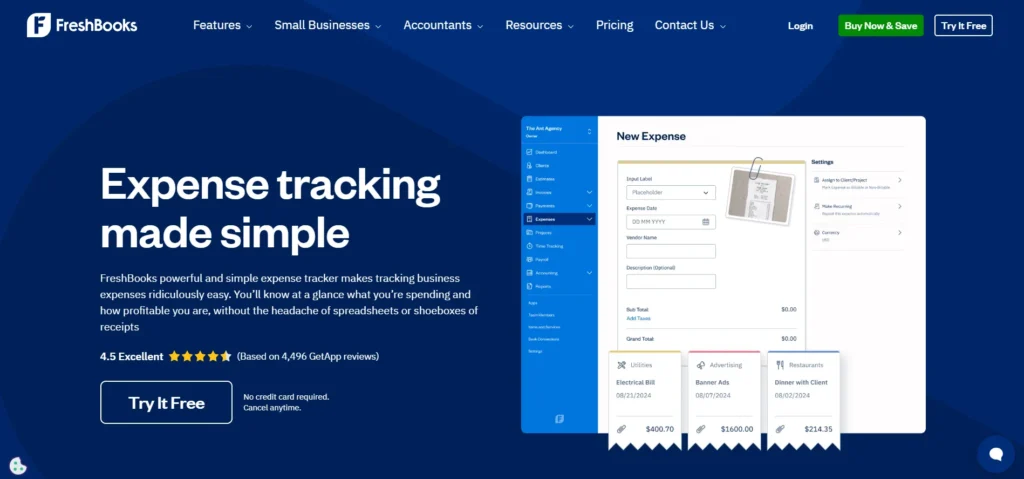
FreshBooks makes it simple: take a photo of a receipt, connect your bank account, and let the system automatically categorize transactions. Over time, it learns your habits and makes the process even smoother.
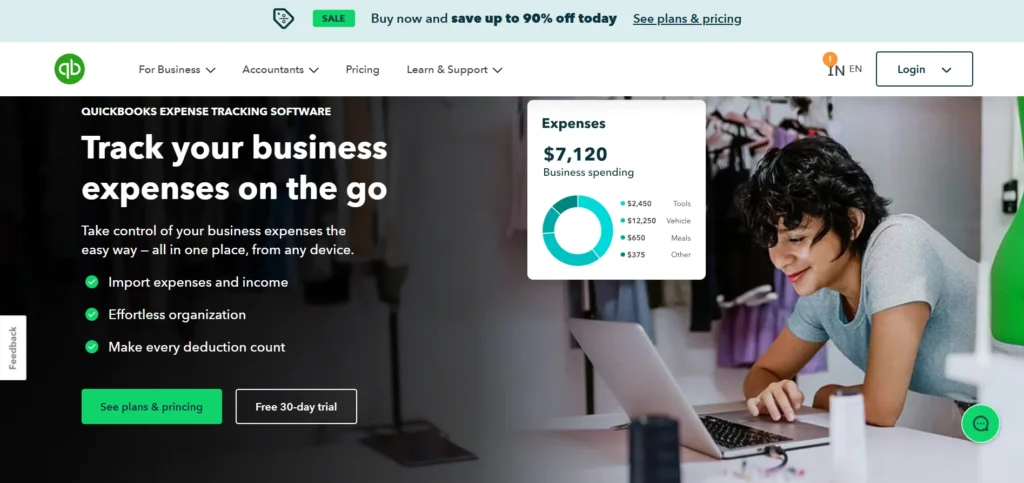
QuickBooks offers robust expense tracking too, but it often feels more complicated. You may find yourself digging through extra categories or adjusting settings that don’t apply to your business. For larger companies, this flexibility is useful. For smaller ones, it can feel like overkill.
Why FreshBooks Wins Here: It keeps expense tracking quick and accessible without requiring you to become a bookkeeping expert.
6. Client Communication
Managing finances isn’t just about numbers — it’s also about relationships. Being able to communicate clearly with clients about invoices, estimates, and payments can strengthen trust and speed up approvals.
FreshBooks builds client communication into the platform. You can send estimates, track when clients review them, and even add comments directly in the system. Invoices show when they’ve been opened, so you know whether a client has seen them. These small touches create transparency and keep projects moving forward.
QuickBooks doesn’t emphasize client communication in the same way. While you can send invoices and reminders, the system is more transactional and less collaborative.
Why FreshBooks Wins Here: It recognizes that accounting is also about client relationships. By making communication easier, it helps you deliver a smoother client experience.
7. Collaboration with Accountants
At some point, most businesses need to involve an accountant, whether for tax filing or financial advice. The easier it is to collaborate, the better.
FreshBooks allows you to invite your accountant with a few clicks. They get access to the data they need, while your own view remains uncluttered. It’s straightforward and doesn’t require you to explain a complex system.
QuickBooks also allows accountant access, but because of the platform’s depth, the process often feels more technical. It’s designed for accountants first, not small business owners.
Why FreshBooks Wins Here: It balances simplicity for the owner with the tools professionals need. That makes collaboration painless for both sides.
8. Automation
Automation saves time and ensures consistency. From recurring invoices to reminders, the less you have to do manually, the better.
FreshBooks automates the essentials. You can set up recurring invoices, send automatic payment reminders, and let the system categorize expenses. These automations directly reduce your workload without overwhelming you with unnecessary complexity.
QuickBooks also supports automation, but much of it is tied to advanced accounting functions that small businesses rarely need. Setting up rules can feel like programming — powerful, but not user-friendly.
Why FreshBooks Wins Here: It focuses on automating the tasks that matter most for small businesses, rather than drowning you in options.
9. Reporting
Financial reports help you understand your business performance. QuickBooks is famous for its reporting power, offering everything from cash flow projections to detailed sales analytics.
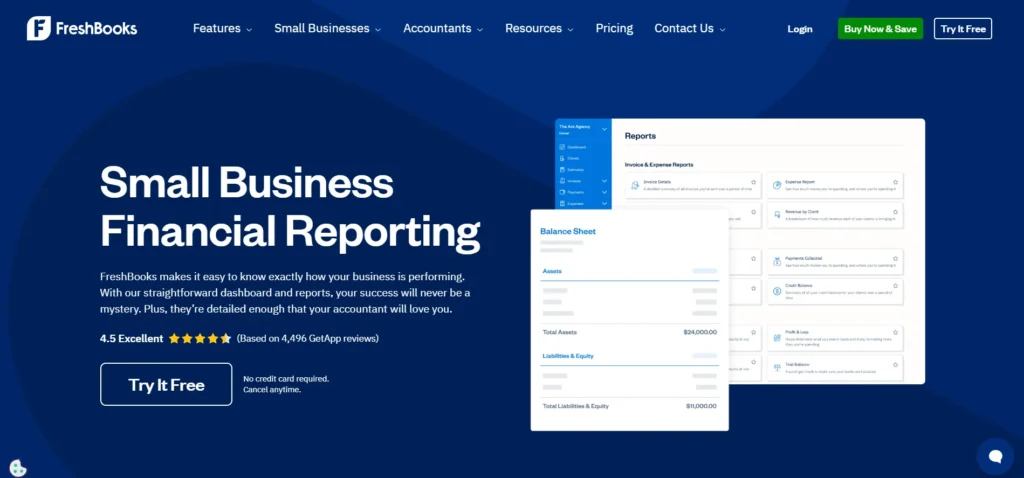
But here’s the catch: most freelancers and service businesses don’t need that level of depth. They need to know profit and loss, outstanding invoices, tax summaries, and expense breakdowns. FreshBooks covers all of that with clear, easy-to-read reports that don’t require interpretation.
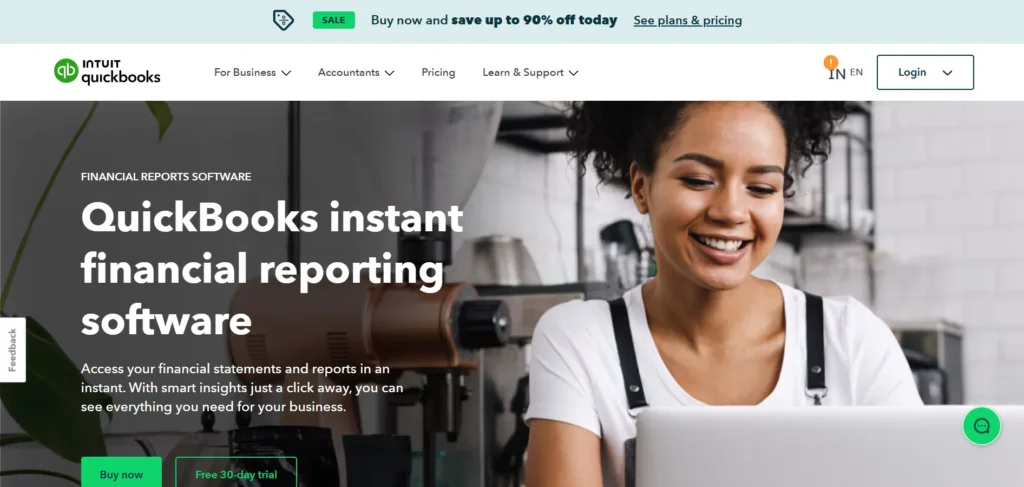
QuickBooks reports can be customized, but the complexity can feel intimidating if you’re not an accountant.
Why FreshBooks Wins Here: It gives you the insights you need without overwhelming you with information you’ll never use.
10. Integrations
Both platforms integrate with other apps, but the approach is different.
FreshBooks offers over a hundred integrations, including payment processors like Stripe and PayPal, payroll services like Gusto, and tools for scheduling and project management. For most service-based businesses, this is more than enough.
QuickBooks has hundreds of integrations, making it attractive for companies with highly specialized needs. But with more integrations comes more complexity, and not every small business needs such an extensive ecosystem.
Why FreshBooks Wins Here: It provides the integrations that actually matter to freelancers and small businesses, without overwhelming them with unnecessary options.
11. Scalability
One of the strongest arguments for QuickBooks is its scalability. If you’re running a retail business with inventory, multiple sales channels, and dozens of employees, QuickBooks has the features to support that growth.
FreshBooks doesn’t try to compete on this front. Instead, it focuses on being the perfect fit for service-based businesses that want simplicity and speed. If you’re a solo consultant, designer, or small agency, FreshBooks is already everything you need.
Why FreshBooks Wins Here: Most small businesses don’t need enterprise-level complexity. FreshBooks is better at serving the majority.
12. Real-World Feedback
When you read reviews and forums, the difference is clear. FreshBooks users praise its ease of use, speed, and intuitive design. Many describe it as a tool that feels natural, even enjoyable, to use.
QuickBooks users often acknowledge its power but also complain about its steep learning curve, higher cost, and the frustration of paying extra for features that FreshBooks includes by default.
Why FreshBooks Wins Here: At the end of the day, the best measure of software is how people feel using it. And FreshBooks consistently leaves users happier.
13. Real-World Scenarios
- Freelancer or Consultant: You need time tracking, invoicing, and expense management without complexity. FreshBooks is the perfect match.
- Small Agency: You want to collaborate with a small team and manage projects efficiently. FreshBooks gives you everything you need to keep client work moving.
- Product-Based Business: If you’re managing inventory, purchase orders, and multiple warehouses, QuickBooks is stronger. But that applies to a smaller group of businesses.
Final Verdict
QuickBooks is a heavyweight with advanced features and scalability, but it comes at the cost of complexity, higher pricing, and a steep learning curve.
FreshBooks is designed with freelancers, consultants, and small service-based businesses in mind. It delivers the essentials — invoicing, expense tracking, time tracking, automation, and reporting — in a package that’s easy, affordable, and enjoyable to use.
For the majority of entrepreneurs who just want to manage their money without stress, FreshBooks is the clear winner at every step. It helps you save time, get paid faster, and focus on growing your business rather than struggling with software.
FAQs
Which is better for freelancers, FreshBooks or QuickBooks?
FreshBooks is better for freelancers thanks to its simple design and built-in time tracking.
Does QuickBooks have more features than FreshBooks?
Yes, QuickBooks offers more advanced features, but many are unnecessary for small service businesses.
Which is more affordable, FreshBooks or QuickBooks?
FreshBooks is generally more affordable, with fewer add-ons and hidden costs.
Can both FreshBooks and QuickBooks handle invoicing?
Yes, but FreshBooks makes invoicing faster, more intuitive, and client-friendly.
Who should choose QuickBooks over FreshBooks?
QuickBooks is best for product-based or growing businesses that need advanced reporting and inventory management.

